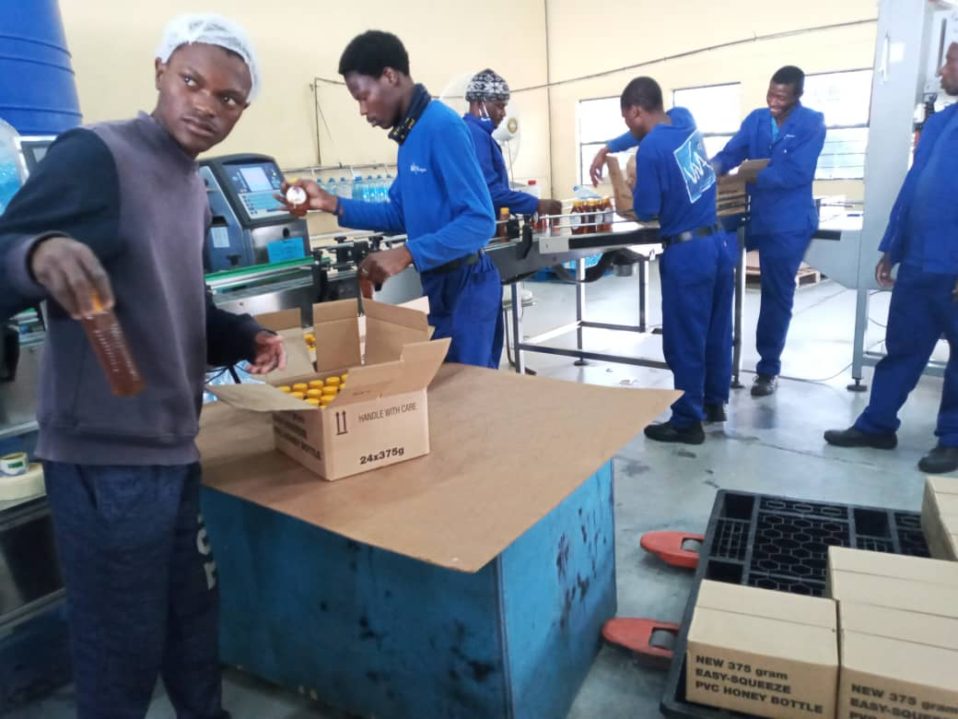
Partners Worldwide
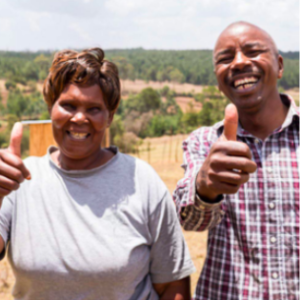 Partners Worldwide (PW) aspires to end poverty so that all may have life and have it abundantly. It was started several decades ago in response to the question, “How can businesspeople become involved in the work of ending poverty around the world? “
Partners Worldwide (PW) aspires to end poverty so that all may have life and have it abundantly. It was started several decades ago in response to the question, “How can businesspeople become involved in the work of ending poverty around the world? “
PW builds and supports partnerships that align Local Community Institutions (LCIs) with experienced volunteers who provide training, access to capital, and advocacy to create flourishing economic environments in all parts of the world. This grant will help AfricaWorks Swaziland (AWS) equip small farmers with links to emerging markets.


Zeke Swift
P&G Alumni Grant Champion

Jim Louwsma
P&G Alumni Grant Champion
Partners Worldwide is supported by two Alumni:
Jim Louwsma
28 years in U.S. Sales/CBD
Zeke Swift
23 years
Jim and Zeke have been active as volunteer Business Associates for PW for the past 16 years. They are largely responsible for PW’s growth in Southern Africa, including their work to establish partnerships with local development partners (called Local Community Institutions or ‘LCIs’) in Eswatini (formerly Swaziland), Mozambique and South Africa.
As a result of their involvement, PW’s programs in southern Africa that include microfinance, business training, youth employment, and agricultural value-chains are some of the most impactful in PW’s global network. Jim has volunteered hundreds of hours and plays a significant role in PW’s global leadership development. Zeke has also contributed significant time as a consultant on PW’s global strategic plan.
“The honey value-chain program has already shown success with 100 honey farmers. The goal is to now expand the number of farmers involved, to meet market demand for honey and increase the poverty impacts of this proven model. The Alumni Foundation’s support will help increase the number of farmers producing and gaining family income from the honey VC from 100 to 300, with an estimated increase in family income of 50% for each participating farmer“. Jim Louwsma
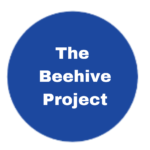
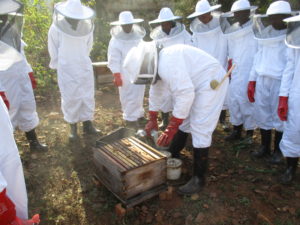 This project focuses on the needs of the rural poor in Eswatini. It will help subsistence farmers improve productivity by adding or expanding honey farming capacity to their current farming operations. Through a partnership with the local institution, AfricaWorks Swaziland (AWS), PW will initially fund and provide 1,000 new beehives (farmers will pay for them out of sales revenue) and provide agricultural/honey-making ‘best practice’ expertise. Repayments will create a revolving fund to finance additional beehives in year two of the project, extending the value of grant funds and expand the impact of the project. This project is expected to help create and sustain about 400 jobs and impact over 2,800 community members.
This project focuses on the needs of the rural poor in Eswatini. It will help subsistence farmers improve productivity by adding or expanding honey farming capacity to their current farming operations. Through a partnership with the local institution, AfricaWorks Swaziland (AWS), PW will initially fund and provide 1,000 new beehives (farmers will pay for them out of sales revenue) and provide agricultural/honey-making ‘best practice’ expertise. Repayments will create a revolving fund to finance additional beehives in year two of the project, extending the value of grant funds and expand the impact of the project. This project is expected to help create and sustain about 400 jobs and impact over 2,800 community members.
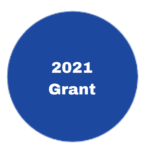
The $20,000 in grant funds will be used to manufacture 1,000 new beehives and provide training to create and sustain 300 – 500 honey farms, increasing family incomes by 50%. In addition, it will help fund technical equipment needed to optimize honey harvest and quality, while supporting travel expenses and on-site costs for AWS trainers in their work with farmers.
In addition, the grant will immediately be used as part of a matching challenge which will double the funds available to AWS (I.e., the $20,000 becomes $40,000).

“Beeing Financially Independent”
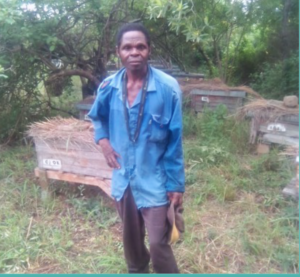
Phelile
Phelile lives in Nceka, a town in southeast Eswatini. Phelile is the sole provider for his family of eight and has been a subsistence crop farmer for nearly all his life. Phelile was first introduced to bee farming in 2004 and decided to try this new type of farming with five beehives. Over time, he and his family began noticing the financial and physical benefits.
Last year, Phelile heard about AfricaWorks Swaziland and decided to join the network of farmers in his region. He learned how to better inspect his beehives and keep his bees free from infection and pests.
These and other changes have improved the flow and quality of honey from his hives. Because of AWS, his family has relationships with life-long partners/advocates and is connected to a vast network of farmers within their immediate community. These support networks have helped them significantly increase their honey farming, to an astonishing 216% increase. Today, Phelile and his family have a safe home. His children can go to school and there is enough food for everyone.


